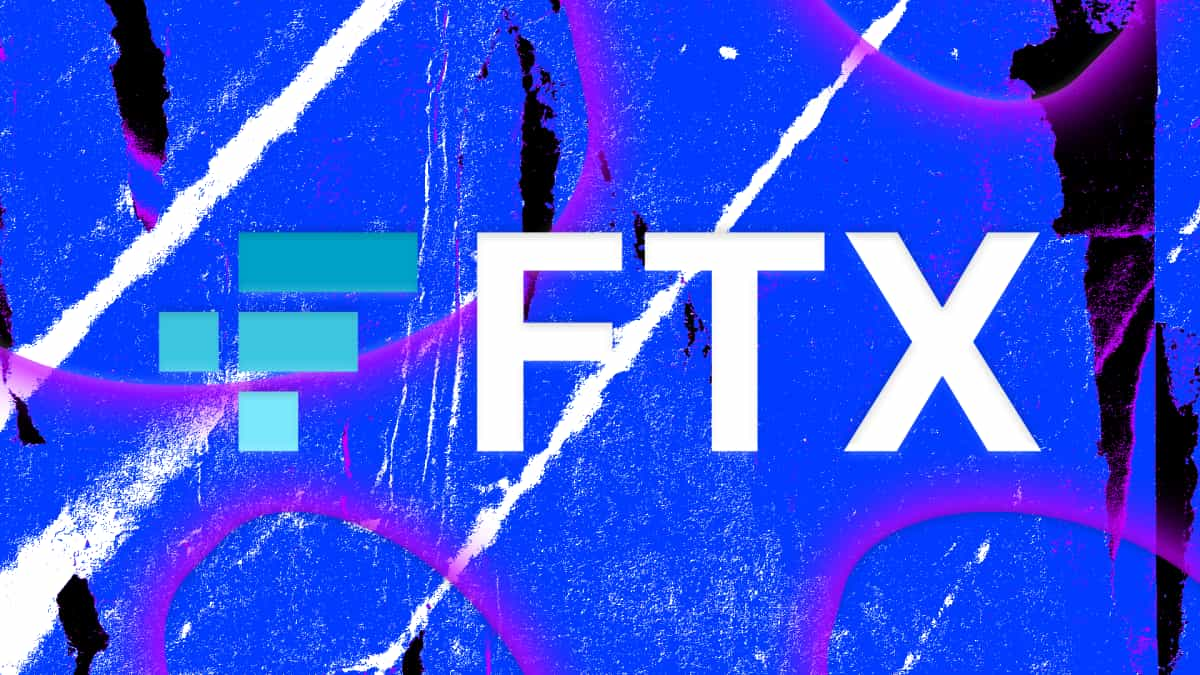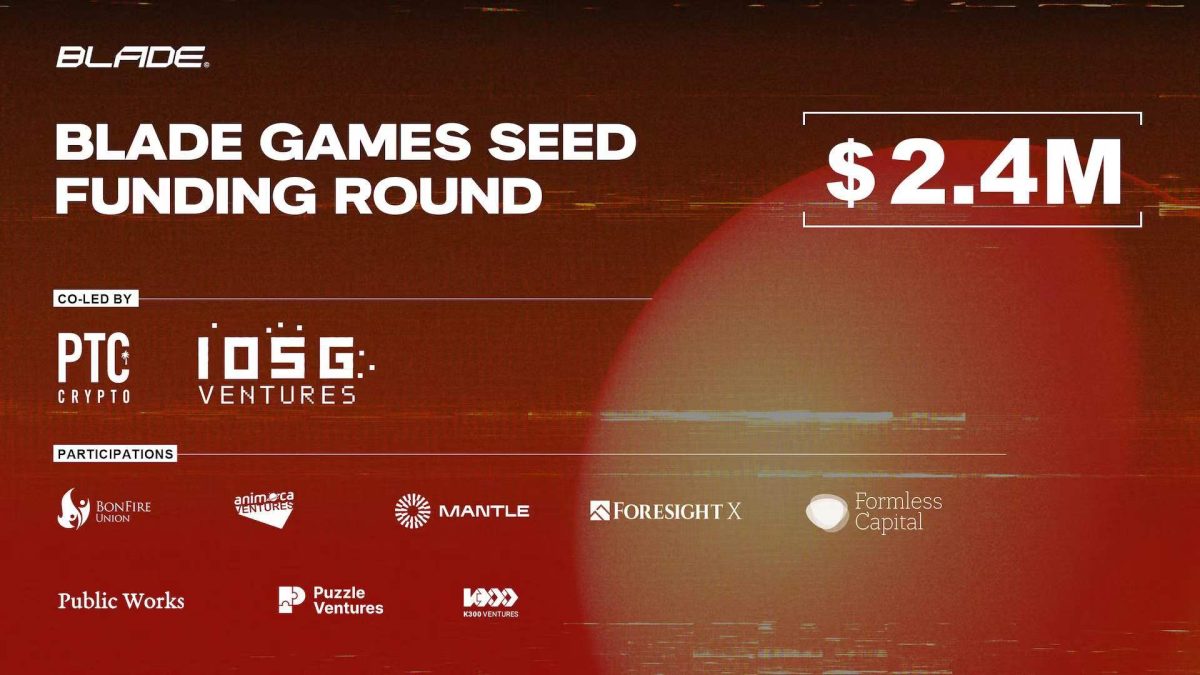CFTC and crypto lawyers duke it out over service in Ooki DAO case

Quick Take
- A federal court in San Francisco is left reconsidering its decision to allow the CFTC to send legal service to Ooki DAO’s users.

How do you sue a DAO? The question has been at the heart of the case the Commodity Futures Trading Commission is bringing against Ooki DAO, a decentralized autonomous organization that the agency alleges was just feigning decentralization in order to facilitate old-fashioned commodities violations.
Controversially, the CFTC distributed legal service to DAO users via the DAO’s chat box. Most legal proceedings require physical, in-person delivery, but the CFTC got the court on board with a special exemption in October, as the case was kicking off. DeFi advocates reacted heatedly.
On Wednesday night, a San Francisco court heard virtual arguments over the mechanism of service. Arguing with the CFTC’s lawyers were not Ooki DAO’s lawyers.
Ooki DAO has not yet responded in a cohesive way to the suit by, for example, hiring an attorney to represent it in the case. Its architects, Tom Bean and Kyle Kistner, did. The CFTC settled with them in September.
Instead, four attorneys enlisted by outside crypto firms and allies a16z, LeXpunK, Paradigm and the DeFi Education Fund argued with the CFTC’s methods. The four had filed amici curiae briefs in the case before the U.S. District Court for the Northern District of California.
“We have really cool technology,” said LeXpunK’s representative council Stephen Palley. “But you still have to accept the concept of due process.”
Ooki’s erstwhile defenders did not deny that the platform had been used to facilitate unlawful trading. Instead, they argued that the mechanism of service was to target anyone who had ever used the platform.
“Because the stakes are so high and the novelty of the case — which I think we’ve all recognized here — we think it’s all the more important that the government be required to turn square corners on service here,” said James McDonald, representing advocacy group the DeFi Education Fund.
The judge, William Orrick, for his part, would not allow that Ooki DAO’s decentralization spares it from legal service – a hot topic in other active lawsuits. “Seems to me the CFTC is suing an entity, not a technology, Orrick said, continuing: “It seems to me the Ooki DAO is an unincorporated association under California law.”
The CFTC’s representatives pushed on the point that they didn’t need to prove that each member of the association served was criminally liable in order to serve them collectively. “So long as we can demonstrate that the association exists then that is sufficient to trigger the service provisions we have relied on,” said Anthony Biagioli, a trial attorney for the CFTC.
Orrick now has to determine whether to overturn his prior motion to allow service, as the crypto advocates want, or allow the CFTC to proceed. “I’ll get an order out at some point relatively soon, I hope,” he concluded.
© 2023 The Block. All Rights Reserved. This article is provided for informational purposes only. It is not offered or intended to be used as legal, tax, investment, financial, or other advice.



